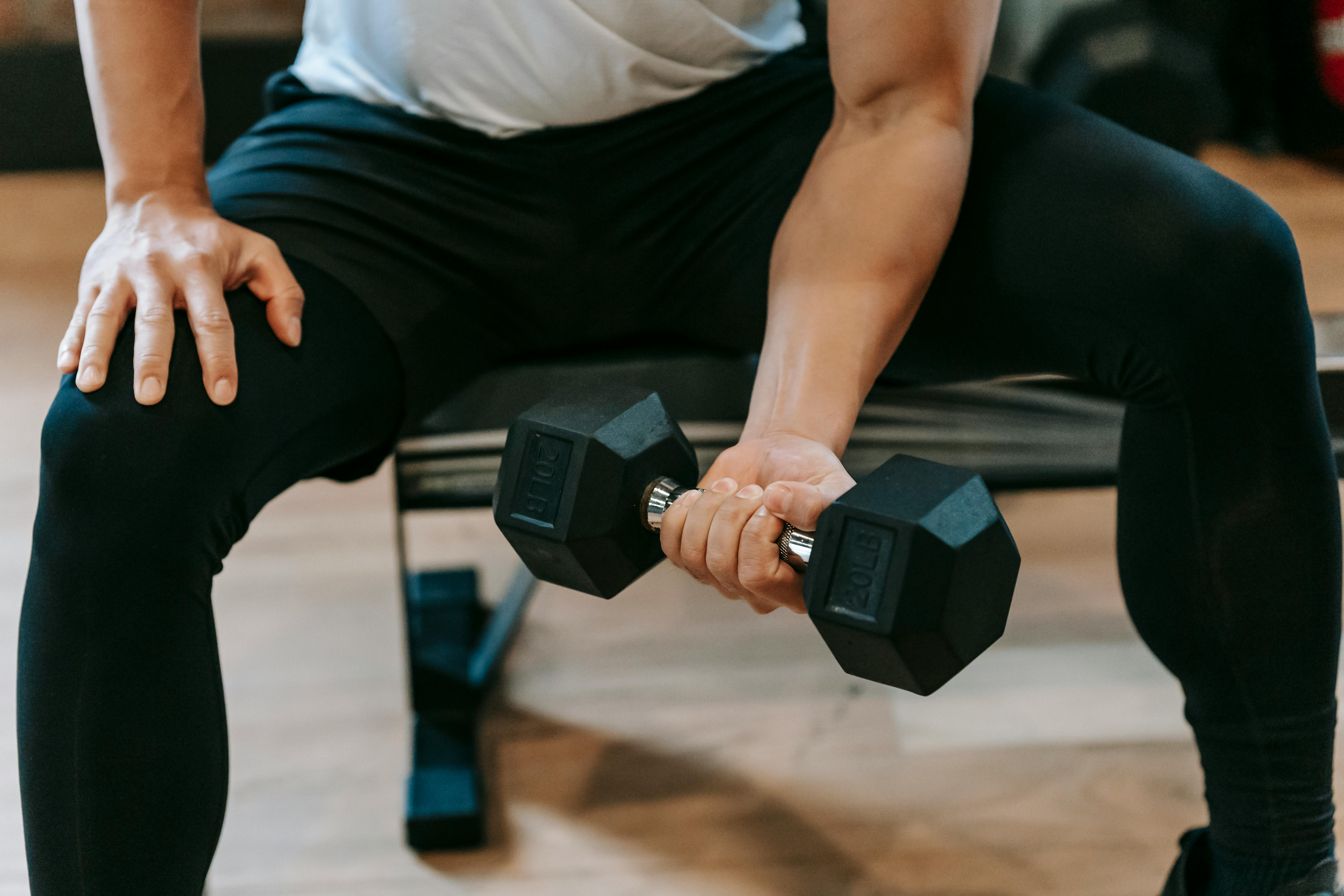The life of professional athletes is not easy. They have to engage in intensive exercises and training activities constantly in order to perform at their best in front of an audience.
While these activities are crucial for athletes to stay in shape, they can also damage your body.
Sports medicine is a growing health field dedicated to the treatment of sports and exercise related injuries such as fractures, dislocations, sprains and strains, tendonitis, overtraining syndrome, and degenerative diseases.
In addition to injury treatment, he also focuses on helping athletes improve their performance and prevent future injuries.
Despite being a relatively new medical specialty, it has become essential for athletes thanks to its ability to address their specific needs and concerns.
Who is a sports medicine doctor?
A sports medicine physician is a licensed and trained person who focuses on the diagnosis, treatment, and prevention of injuries related to sports activities.
These specialists treat their patients through physical therapy, orthopedic surgery, massage therapy, exercise, and other techniques so that they can quickly, safely, and successfully return to their desired level of activity.
They also teach athletes about nutrition to help them maintain optimal health and fitness and achieve their sports performance goals.
The sports medicine team includes sports physical therapists, sports massage therapists, sports orthopedic surgeons, sports podiatrists, athletic trainers, sports dietitians, exercise physiologists, and sports biomechanics.
Common Sports Injuries:
Some common sports injuries that athletes sustain on the field include ankle sprain, groin strain, hamstring strain, knee injury, tennis elbow, Achilles tendonitis, concussion, shoulder injury, hip bursitis , quadriceps strain and leg cramps.
They may also experience exacerbation of pre-existing health problems such as diabetes, asthma, allergies, and arthritis.
Reasons to visit a sports medicine doctor:
There are many reasons for an athlete to see a sports doctor.
Let’s take a look at some of them.
(1) Personalized attention:
Sports medicine physicians are specially trained healthcare professionals who have an in-depth understanding of what the impacts of exercise might be on their patient’s body. They collaborate with physical therapists and orthopedic surgeons to develop a personalized treatment for their patient.
(2) Prevention of injuries:
Sports physicians can provide athletes with expert advice on how to prevent injuries during practice or play and how to reduce the likelihood of a recurrence of a previous injury. They also perform pre-participation physicals on their patients to determine if they are fit enough to resume sports activities.
(3) Pain management:
Sports injuries can lead to various orthopedic problems that often cause chronic pain, making it difficult for athletes to return to play and perform their activities.
While the primary goal of sports physicians is always to diagnose, treat, and resolve injury, they also use pain management therapies such as electrical stimulation, spinal decompression, prescription drugs, and injected drugs to help their patients prevent or delay the need for surgery and continue. their daily activities without any impediment.
(4) Rehabilitation:
For an athlete, coming back from injury can be a long and complicated process. If you find yourself sidelined by injury, a sports physician can help restore your movement and function and quickly return to the same or higher level of fitness.
(5) Improve athletic performance:
Sports doctors diagnose and treat uncomfortable conditions to help you perform at your best, both on and off the field.
They also suggest exercises and techniques to improve your strength and balance that contribute to your success as an athlete.
(6) Improve general fitness:
Sports physicians help athletes prevent muscle sprains, strains, and tears to keep their bodies in shape.
They also perform full-body and musculoskeletal exams to help you maintain your overall fitness.
(7) Non-surgical treatment:
Sports doctors try to avoid surgery in less severe cases and instead focus on treating injuries with non-surgical methods such as physical therapy and acupuncture.
These treatments are often non-invasive and require a shorter recovery time.
(8) State-of-the-art surgical treatment:
In cases where surgery is essential, sports physicians use advanced surgical procedures such as arthroscopic ACL repair, platelet-rich plasma (PRP) therapy, hip arthroscopy, stem cell therapy, and hip repair. rotator cuff to restore function to injured areas.
(9) Education and Nutrition:
Sports medicine doctors teach you how to properly fuel your body for greater consistency in performance. They also focus on the dietary needs of each athlete based on his general health and athletic goals.
(10) Mobility Rehabilitated:
Sports injuries can affect your mobility and flexibility, preventing you from doing your sporting activities. Sports physicians help you restore function, increase strength and flexibility, improve range of motion, and prevent injury.
(11) Enhance Confidence:
An athlete struggles with different types of injuries on the field that could make him feel self-conscious. Sports doctors address their specific needs, helping them to regain confidence and enjoy their game.




